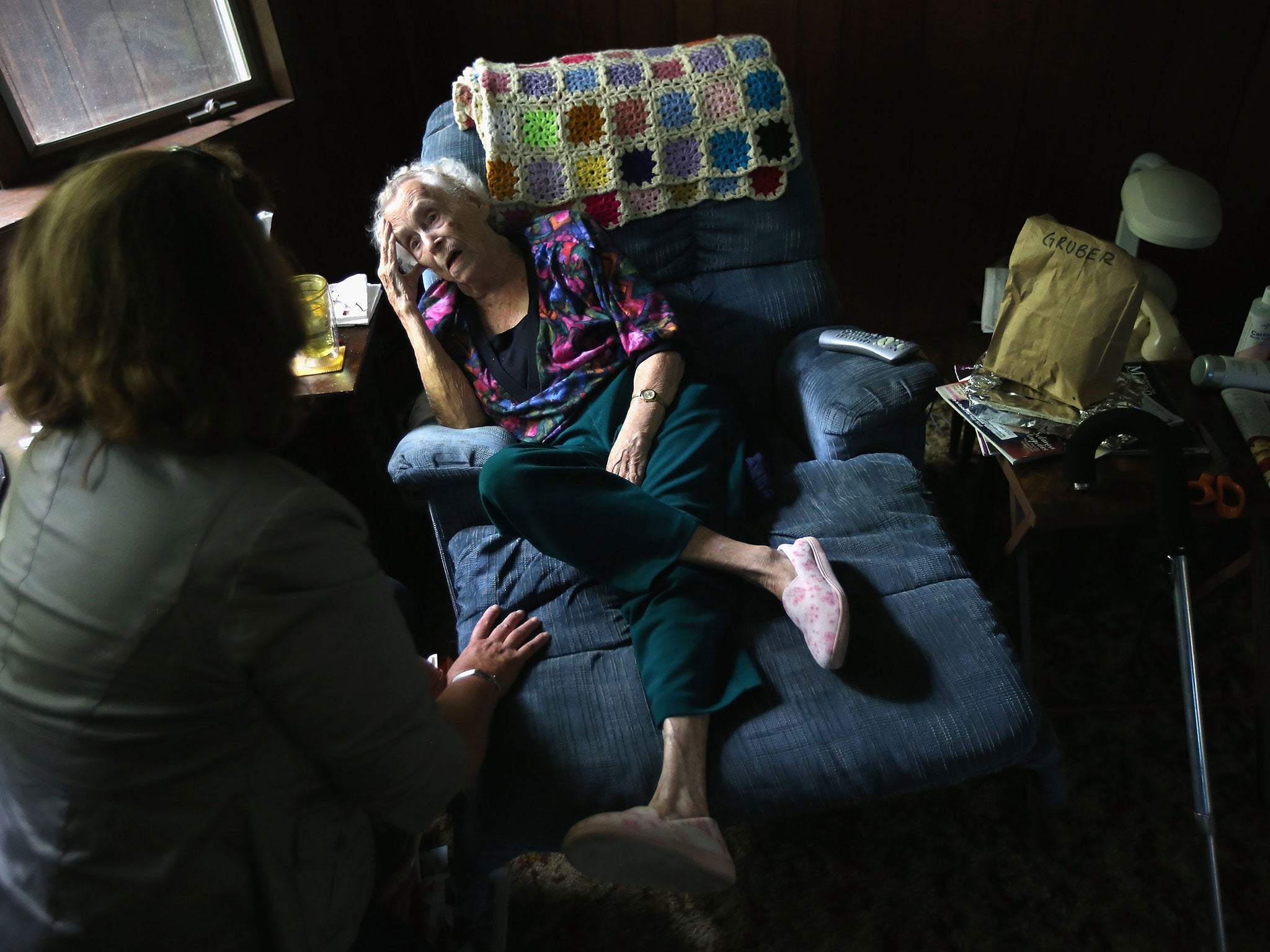David Cameron seems to think there's an army of experts ready to take over from failing social workers. There isn't
There will be little respite on offer from children’s charities; there has been almost no work done to build a market among voluntary organisations to take work like this on

Your support helps us to tell the story
From reproductive rights to climate change to Big Tech, The Independent is on the ground when the story is developing. Whether it's investigating the financials of Elon Musk's pro-Trump PAC or producing our latest documentary, 'The A Word', which shines a light on the American women fighting for reproductive rights, we know how important it is to parse out the facts from the messaging.
At such a critical moment in US history, we need reporters on the ground. Your donation allows us to keep sending journalists to speak to both sides of the story.
The Independent is trusted by Americans across the entire political spectrum. And unlike many other quality news outlets, we choose not to lock Americans out of our reporting and analysis with paywalls. We believe quality journalism should be available to everyone, paid for by those who can afford it.
Your support makes all the difference.Ever since George Osborne’s spending review, the media has been full of dire warnings that cuts will lead to crisis in various parts of the public sector. The truth is that the crisis is already here: it is happening now in children’s services departments. Ofsted inspections of nearly 60 councils over 18 months have failed to turn up a single outstanding department and uncovered 14 which are inadequate. Something must be done: the question is, well, what?
The Prime Minister’s response is simple: poor performing councils must have their services taken over by charities, experts or other, better councils. The theory goes that changing the leadership will change performance locally. It is a strategy so risky that even Michael Gove shrank away from it. Essentially, David Cameron is making child protection in some of the country’s most difficult areas a national issue.
It is possible that his strategy will work, in the short term at least. In the early years of the century, several failing councils lost control of their education services. In boroughs such as Hackney, keeping schools at arms’ length from the turmoil on the council did lead to improvement.
But like so much else this government has done, Cameron’s answer is a make-do-and-mend strategy, designed to dampen down a very real crisis without solving any of its underlying causes.
The problem with children’s services goes much deeper than a few bad leaders. Rising demand, falling budgets and ever closer scrutiny, combined with the constant threat of a media scandal, has bred a battered workforce which is fretful and risk averse. When child protection workers feel risk averse, they take more children into care - driving up costs and stretching councils to breaking point.
The idea that there is a large pool of skilled leaders out there waiting to tackle the problems of the inadequates is, at the very least, questionable. Turnover within children’s departments is extraordinarily high, with 53 changes of director in the last year alone. In all, a quarter of the country’s councils lost a director. A few councils got through as many as three each.
There will be little respite on offer from children’s charities; there has been almost no work done to build a market among voluntary organisations to take work like this on. In any case, it is unclear why anyone would want to take responsibility for such an unprofitable and risky job. The end result will be a small cadre of super social workers being stretched to the limit.
The fundamental problem is the way that cuts have turned children’s social care into an emergency service, stripping away support for parents and leaving behind only the critical but expensive business of taking kids into care. There is widespread agreement that this strategy is precisely the wrong way round. Ultimately, the only way to keep children’s safe in a world where the unstoppable force of public opinion frequently meets the immovable object of austerity is to make a radical move towards preventing problems occuring in the first place.
But that means putting government money into social services and creating some political breathing space for hard-pressed social workers. In other words, precisely the opposite of the measures announced by David Cameron yesterday.
Simon Parker is director of the New Local Government Network, and author of ‘Taking Power Back: Putting people in charge of politics’
Join our commenting forum
Join thought-provoking conversations, follow other Independent readers and see their replies
Comments